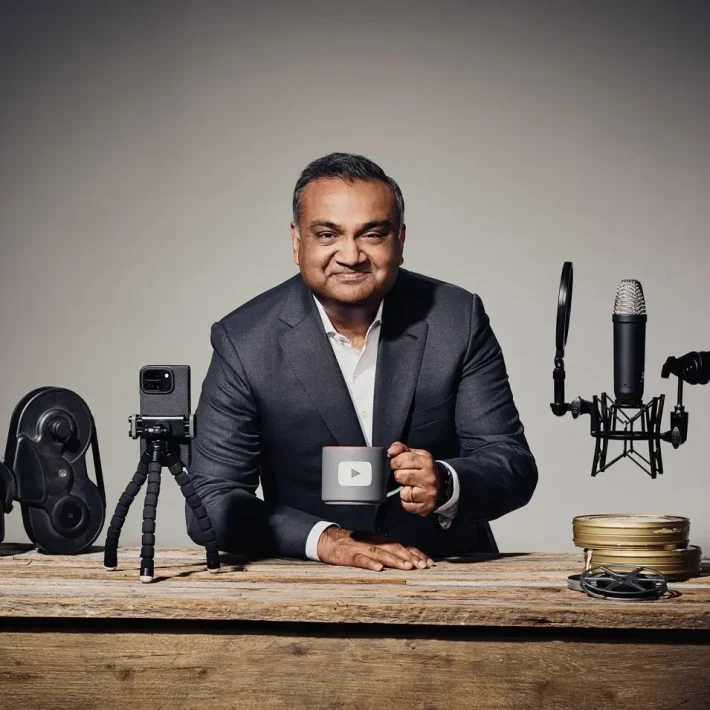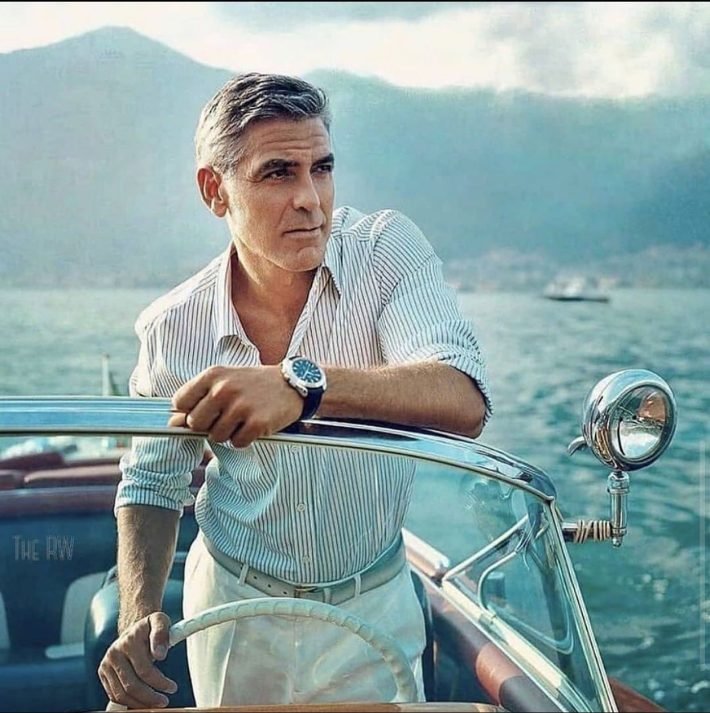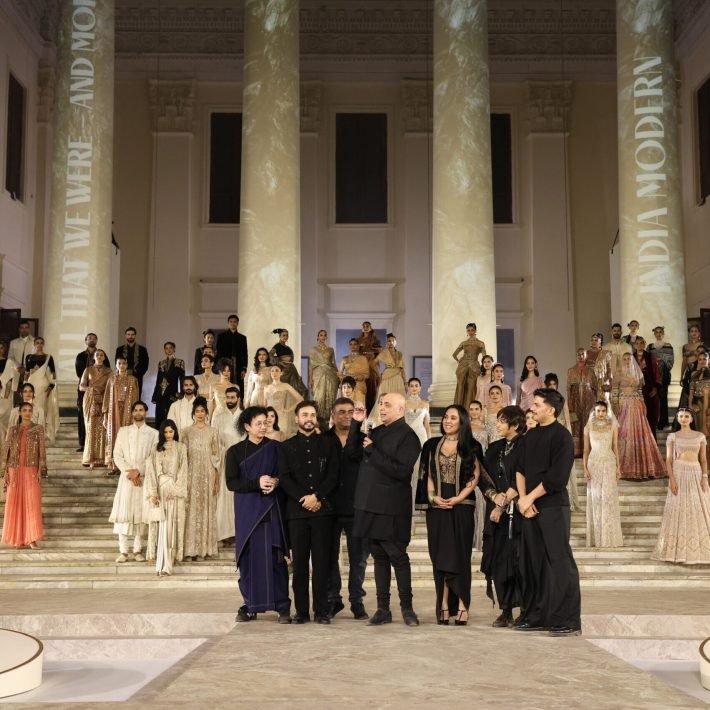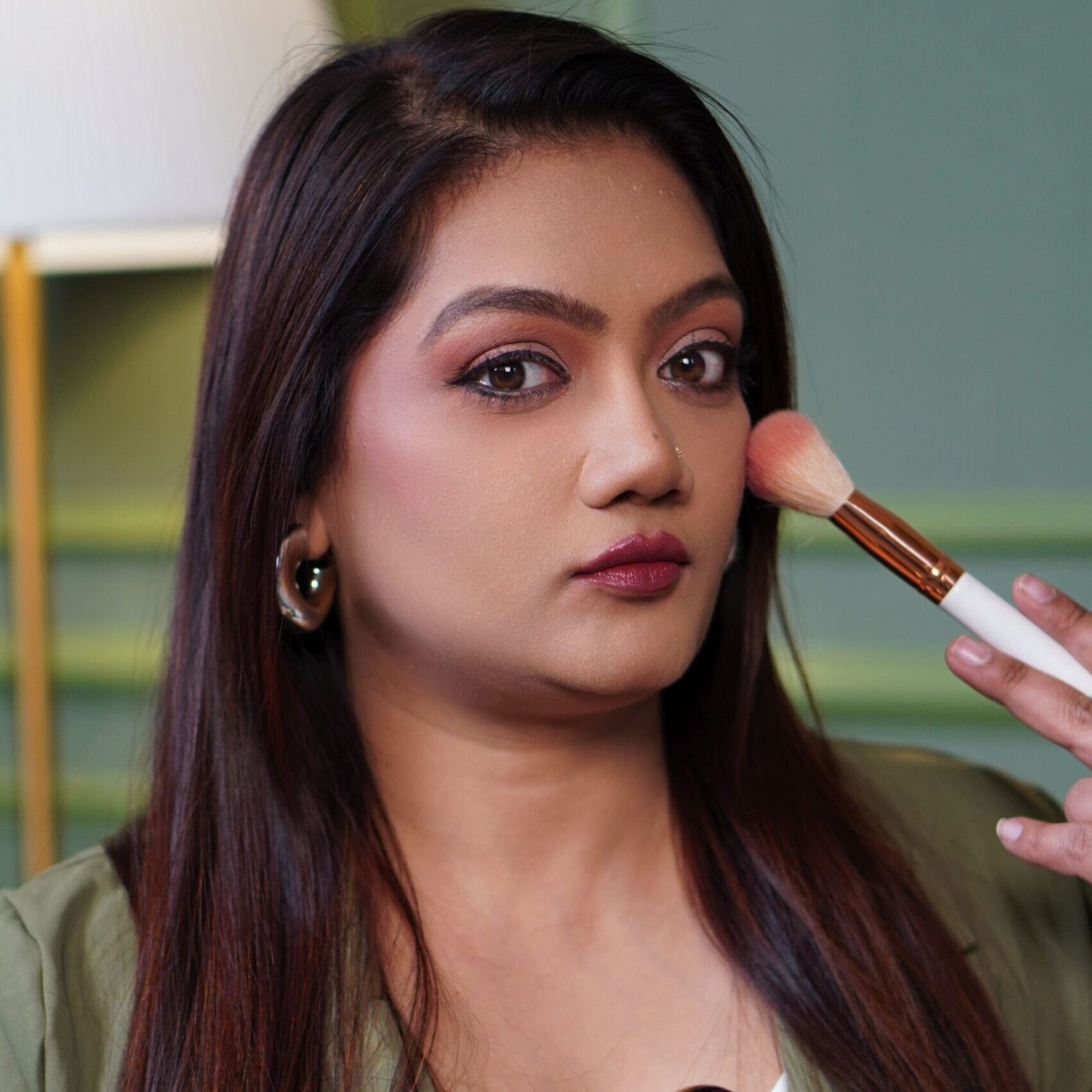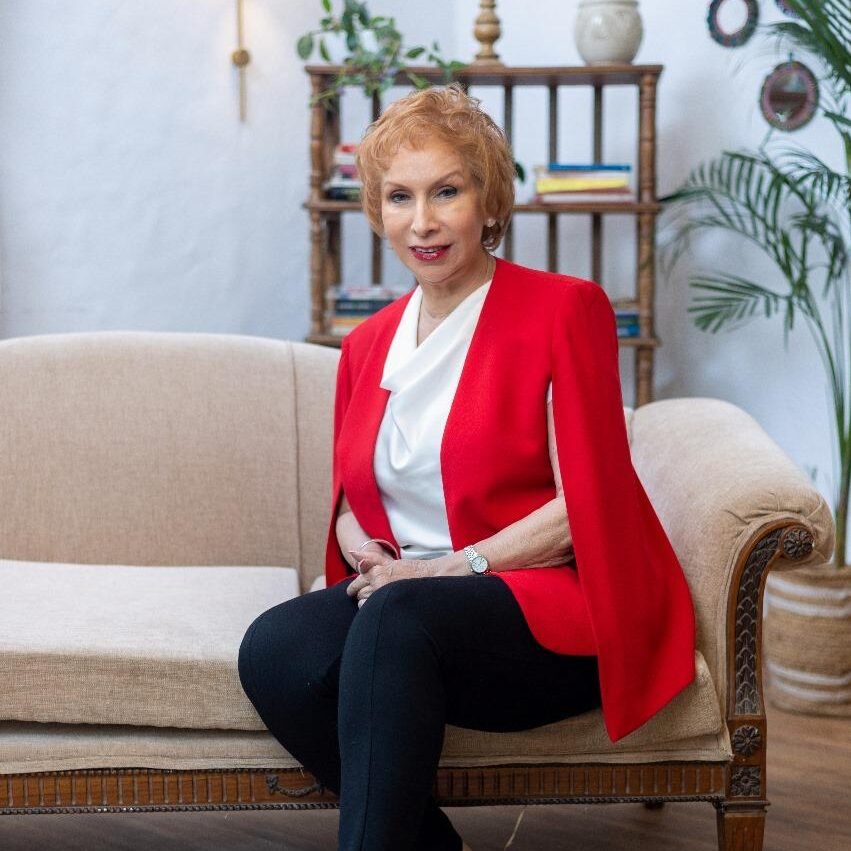French businesswoman, philanthropist and inheritor of the world’s largest cosmetic maker L’Oréal, Françoise Bettencourt Meyers clings to her privacy but was also embroiled in a very public scandal.
By Nichola Marie
In December 2023, L’Oréal heiress and businesswoman Françoise Bettencourt Meyers became the first woman to amass a fortune of $100bn (billion). The world’s wealthiest woman, she is the 13th richest person on the planet, on a list dominated by men such as Elon Musk. The famously reclusive Françoise, 70, and her family, remain the largest shareholders with a stake of nearly 35% in the company that was founded in 1909 by her grandfather Eugène Schueller, to manufacture and market a hair dye he had invented. The company has since swelled into a globe-straddling colossus valued at approximately €241bn on the Paris stock exchange. Françoise has served on L’Oréal’s board since 1997 and is Chairwoman of the family holding company. She became France’s reigning L’Oréal heiress in 2017 when her mother Liliane Bettencourt, then the world’s richest woman, died aged 94. The only child and heir of Schueller’s daughter Liliane, Françoise inherited a one-third stake in the cosmetics empire from her mother.
Shunning The Social Whirl
Born on July 10, 1953 to Liliane and Andre Bettencourt, Françoise’s father was a French politician belonging to an old Catholic Norman noble family. She was raised to be a strict Catholic. The Bettencourts were well-known in France’s swish set for their glamorous parties. However, Françoise was not very interested in the socialite lifestyle of her parents, and reportedly preferred to stay in and play the piano or read.

As an adult, Françoise chose to focus on her career as an author. She has written books on topics ranging from Greek mythology to Judaism and Catholicism. In 2008, her book, a Biblical commentary titled ‘Regard sur la Bible’ was published. She is also reported to play the piano for hours daily.
Known to be media-shy and almost reclusive in her public persona, despite her family’s celebrity status, she rarely engages with the press. She has been described as living inside her own cocoon, mainly within the confines of her own family, favouring privacy over attending social events frequented by many of the world’s wealthy.
She married Jean-Pierre Meyers, business executive and grandson of a rabbi murdered at Auschwitz, and also converted to Judaism. Their children Jean-Victor and Nicolas were raised Jewish. According to some reports, her marriage was seen as controversial as decades ago her grandfather and L’Oréal founder Schueller had allegedly collaborated with the Nazi government.

Beyond her role at L’Oréal, Françoise chairs her family’s holding company, Tethys. Alongside her husband, Jean-Pierre Meyers, serving as the CEO, they established Tethys Invest SAS in 2016 to focus on direct long-term investments in entrepreneurial projects that do not compete with L’Oréal. Their sons also serve as directors of L’Oréal.
Françoise is also the President of the Bettencourt Schueller Foundation, the charity she co-founded in the 1980s. According to its website, it provides grants to support research in the life sciences and arts projects. When the French cathedral Notre-Dame suffered a fire in 2019, via L’Oréal and the Bettencourt Schueller Foundation, she pledged €200m towards its restoration.
Drama In The House
The relationship between Françoise and her mother Liliane had been strained right from the time the former was a teenager. As her mother Liliane once said, “Françoise was heavy and slow… Always one lap behind me.” Françoise was also dubbed “a cold child” by her mother.

In 2007, a high-profile scandal rocked the family, when Françoise sued celebrity photographer François-Marie Banier. It was revealed that he had received an estimated €1bn in cash and gifts from Liliane Bettencourt. Françoise accused him of exploiting her mother’s frailty. The friendship between the elderly Liliane and Banier, who was approximately 25 years her junior, had begun in 1987 when he was commissioned to take her photograph for a magazine. Soon, she began flying him around the world and showering him with expensive gifts including life insurance policies and paintings worth millions by artists like Picasso and Matisse. However, the relationship was not thought to be romantic in nature, as Banier was openly gay. Besides being the beneficiary of outright bank transfers made by Liliane, Banier reportedly even suggested that she adopt him so he could be added to her line of succession.

A month after her father’s demise in 2007, Françoise stepped in. She was reportedly furious with the man who had “denigrated my father, manipulated my mother, and shattered our family.” In the lawsuit, Françoise alleged that Banier used his friendship with her mother Liliane to manipulate her into giving him approximately $1.4bn (€1.3bn) of cash, art, and life insurance policies. On the other hand, Liliane, who had been diagnosed with dementia, contradicted her daughter’s assertion, claiming that she had freely shared her assets with Banier. The case went to trial in 2015 and Bainer was convicted of “abuse of weakness”. He was sentenced to two-and-a-half years in prison and told to pay Liliane €158mn in damages; however, the jail sentence and payment were reversed later in an appeal.

After Françoise filed the criminal complaint, for a long time she and her mother were not on speaking terms. Liliane would say that for her, her daughter had become “something inert,” adding that she didn’t see her anymore and neither did she wish to.
In 2011, Bettencourt was placed under the legal guardianship of her family due to concerns over her declining mental health.

After years of back and forth in the courts, mother and daughter reconciled and Banier was written out of the will. Françoise and her sons were made guardians of the fortune instead. Adeptly navigating her family’s wealth, Françoise Bettencourt Meyers firmly holds the reins of L’Oréal, even as she downplays her title of world’s richest woman.
The L’Oréal Story
Endorsed by celebrities and supermodels such as Cindy Crawford, Beyoncé and Pénelope Cruz using its famous slogan: “Because I’m worth it,” L’Oréal also owns mass-market brands like Maybelline, Essie, and Garnier, as well as high-end beauty companies like Urban Decay, Lancôme, and Kiehl’s. L’Oréal also licenses the beauty divisions of luxury fashion houses including Yves Saint Laurent and Valentino.
Here’s a year-wise look at the growth of the empire, as described on the company’s website…

In 1909, Eugène Schueller, a young chemist with an entrepreneurial spirit, founded the company that was to become the L’Oréal group. It all began with one of the first hair dyes that he formulated, manufactured and sold to Parisian hairdressers. With this, the founder of the group forged the first link in what is considered the DNA of L’Oréal – research and innovation in the service of beauty.
1957-1983: On the road to the Grand L’Oréal
At the instigation of chairman François Dalle, the group started to expand internationally. Strategic brand acquisitions marked the beginning of a period of spectacular growth for the company and emblematic products came into being. The company’s motto became “Savoir saisir ce qui commence” (seize new opportunities).

1984-1987: Beauty is a scientific adventure
Charles Zviak, a research and development pioneer, succeeded François Dalle. These years were marked by a great period of growth for the company, mainly driven by the significant investments made in the field of research. Alongside these efforts were strategic product launches that not only made history, but also succeeded in strengthening the group’s brand image.
1988-2005: Becoming number one in the beauty industry
Under the management of Lindsey Owen-Jones, the group completely changed in scope to become the world leader in cosmetics through the worldwide presence of its brands and strategic acquisitions.
2006-Today: Diversity of beauty worldwide
With Jean-Paul Agon as Chief Executive Officer, L’Oréal commits itself to the path of universalisation with a clear mission statement: Beauty for All. With a portfolio of powerful international brands, it entered the 21st century by embracing diversity and inclusion in its global growth agenda.
In addition to the business dimension and making new acquisitions to cover the world’s varied cosmetic needs, the new L’Oréal is characterised by new ethical initiatives that are socially, environmentally and digitally responsible.

Did you know…?
The conflict between the world’s then-wealthiest woman Liliane Bettencourt and her daughter Françoise Bettencourt Meyers spiraled into a national scandal. The riveting Netflix docuseries ‘The Billionaire, The Butler, and the Boyfriend’ attempts to tell the whole story. Tracing the tentacular, multi-year saga involving the late L’Oréal heiress Liliane and the photographer-writer François-Marie Banier as well as members of the French government — up to a former president, the series has met with large viewership, and appears on the ‘Popular on Netflix’ listing.


